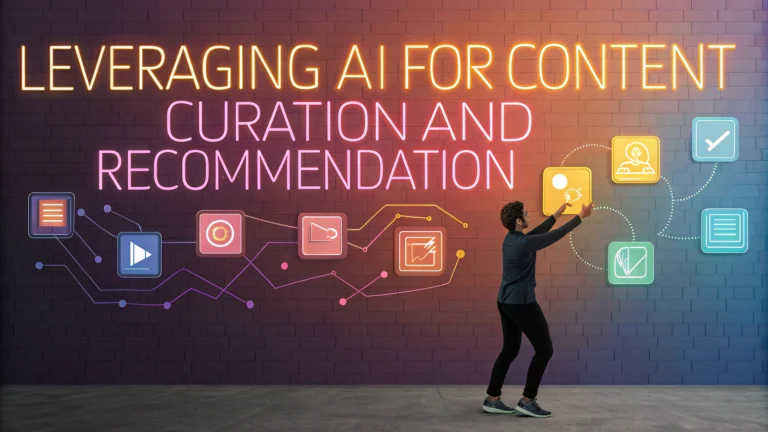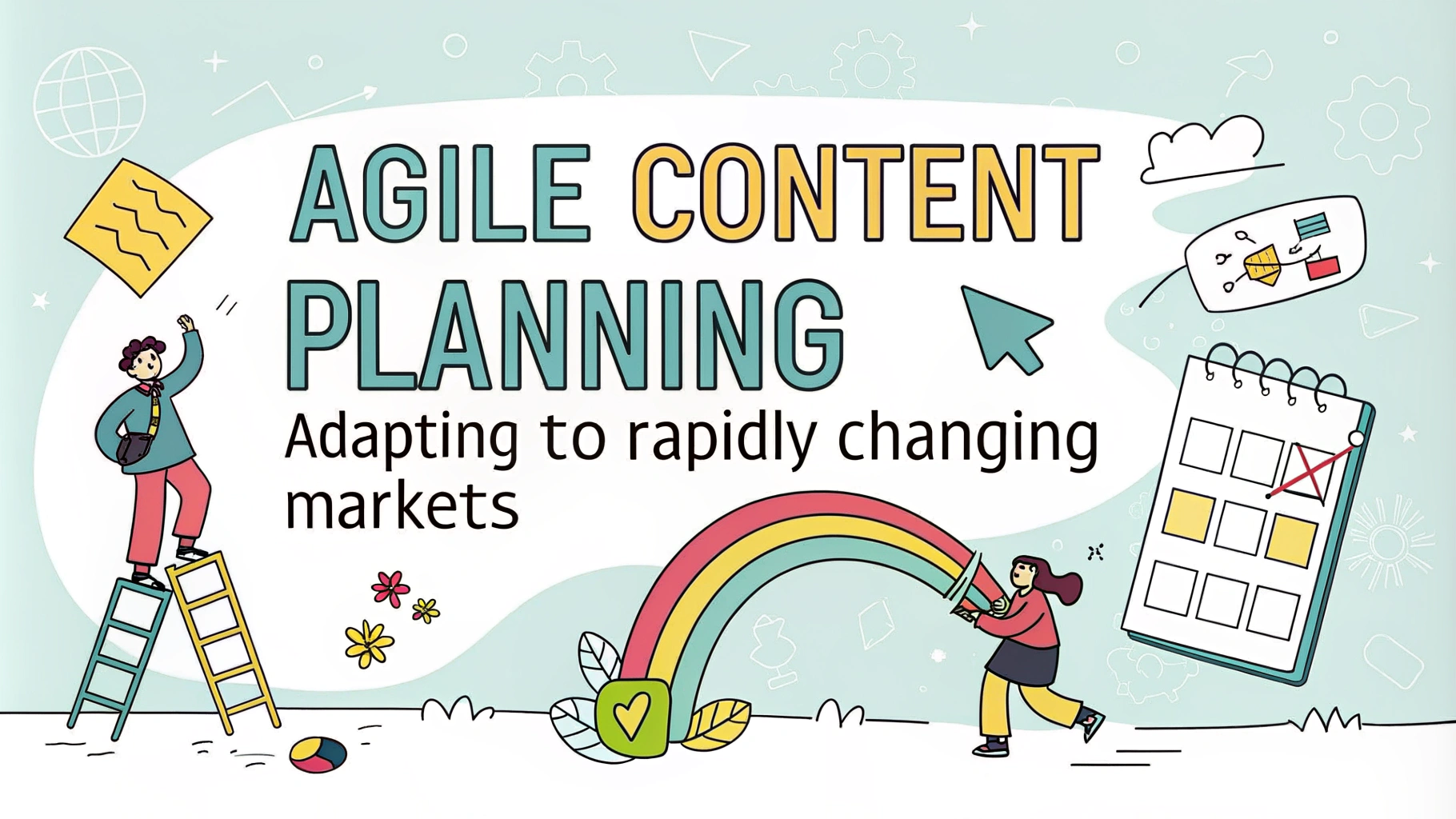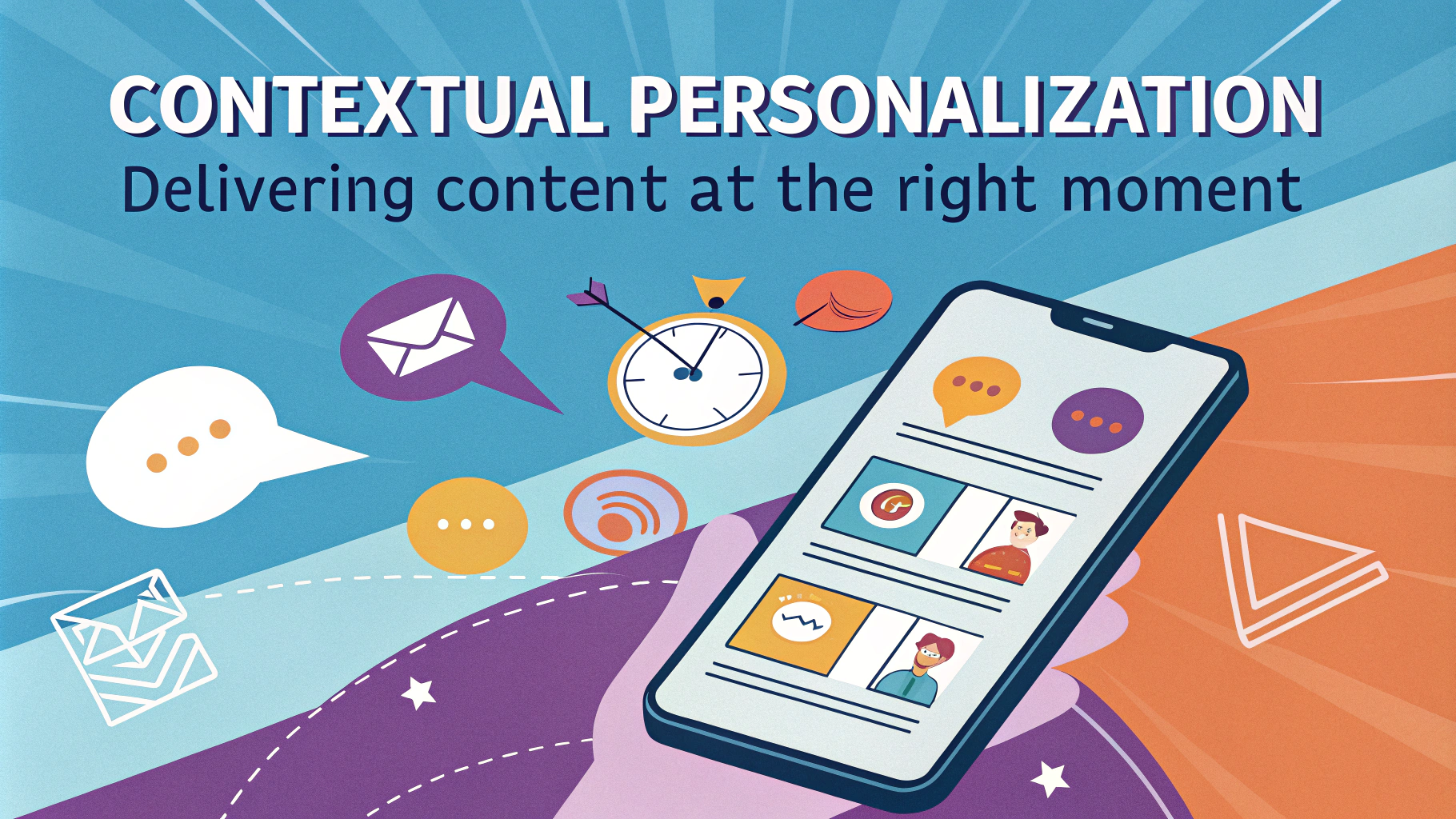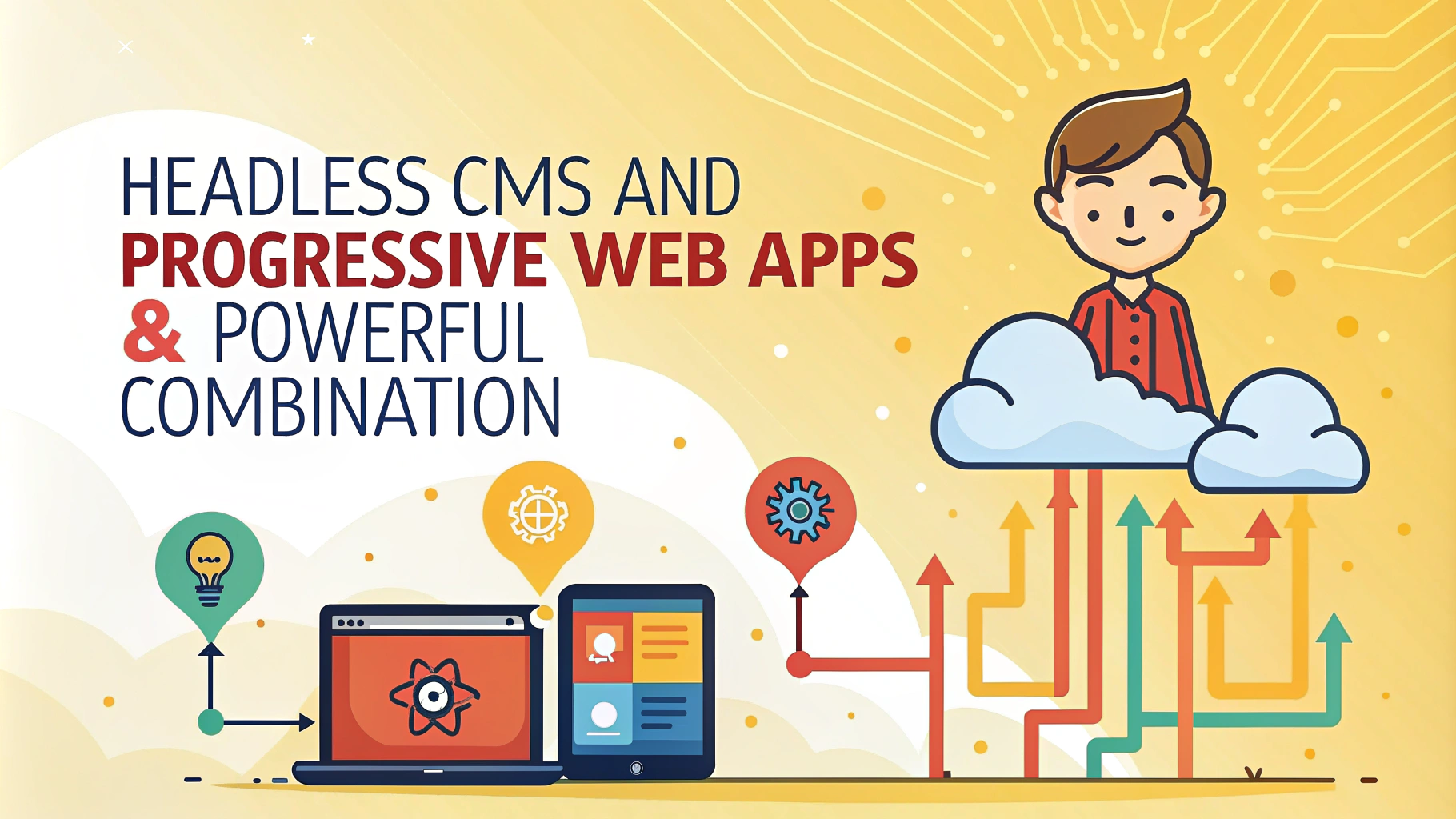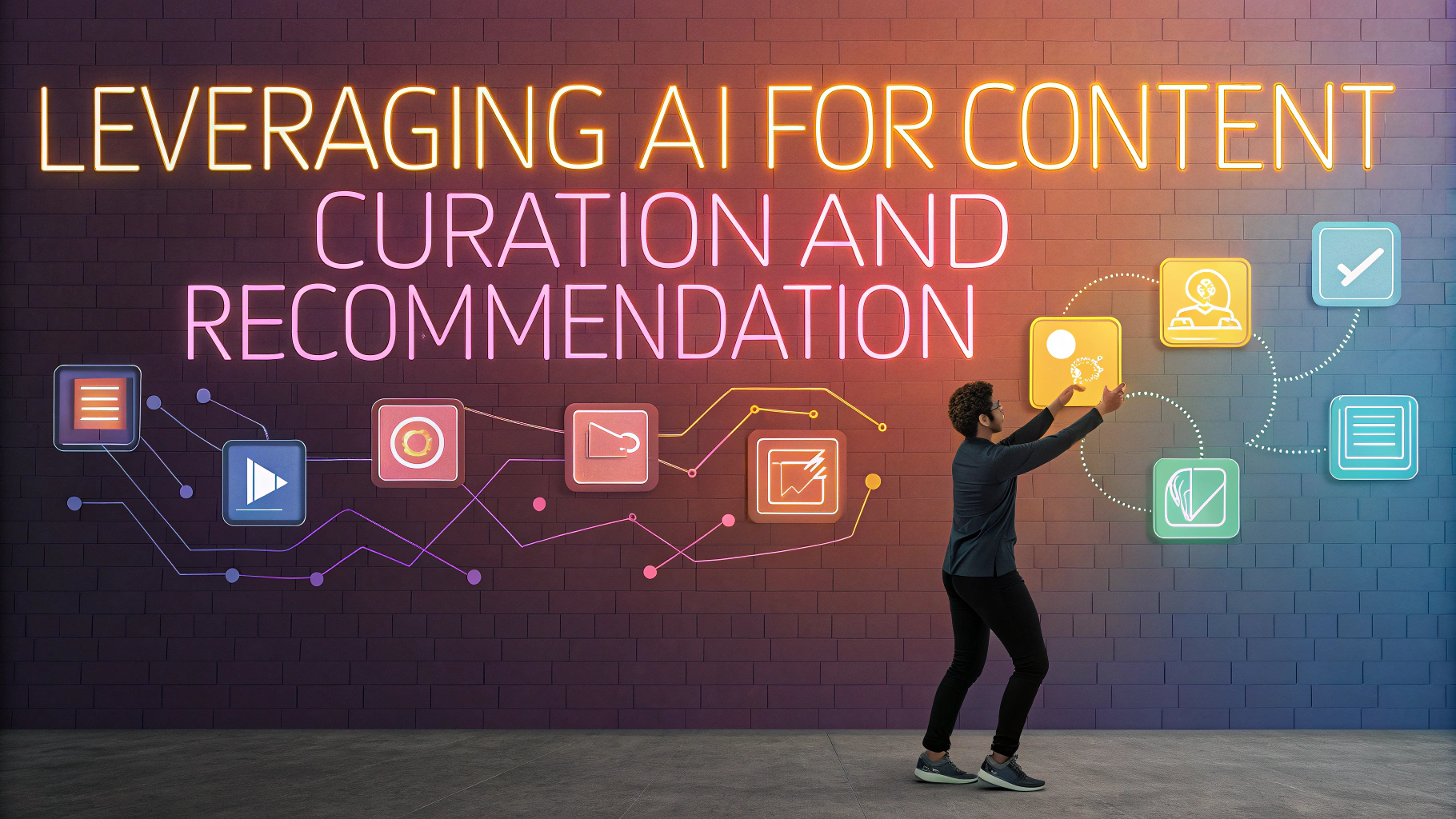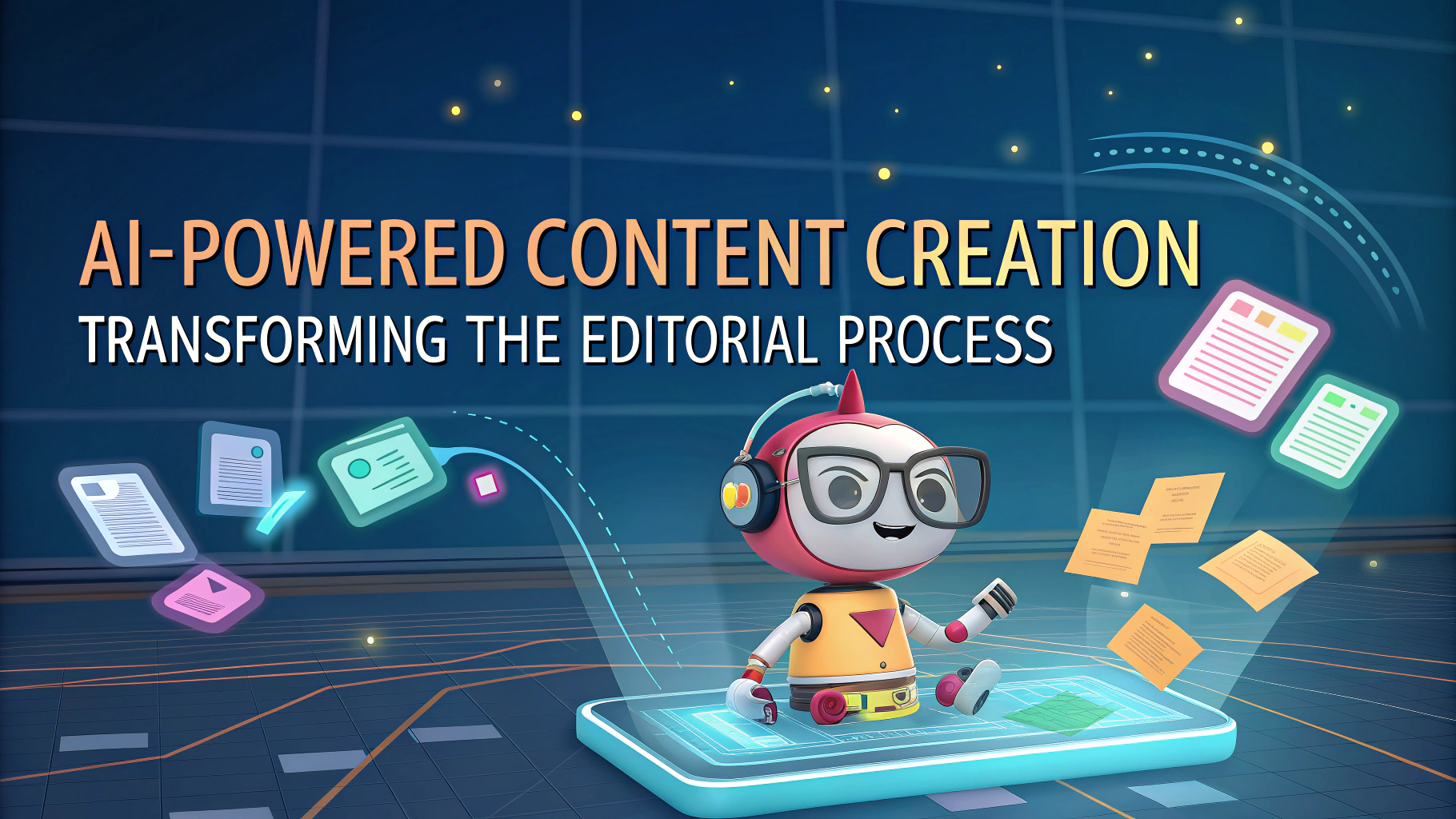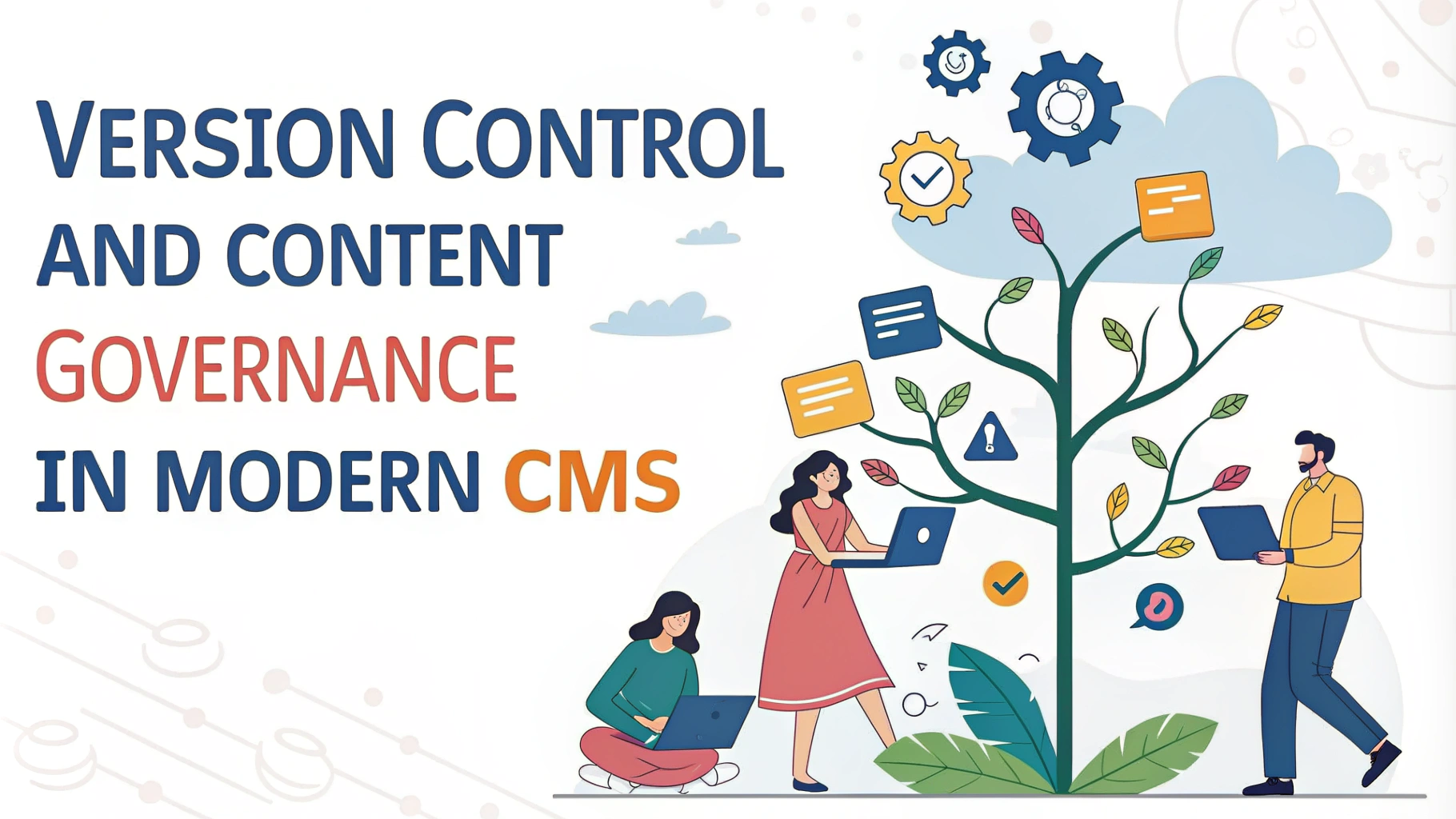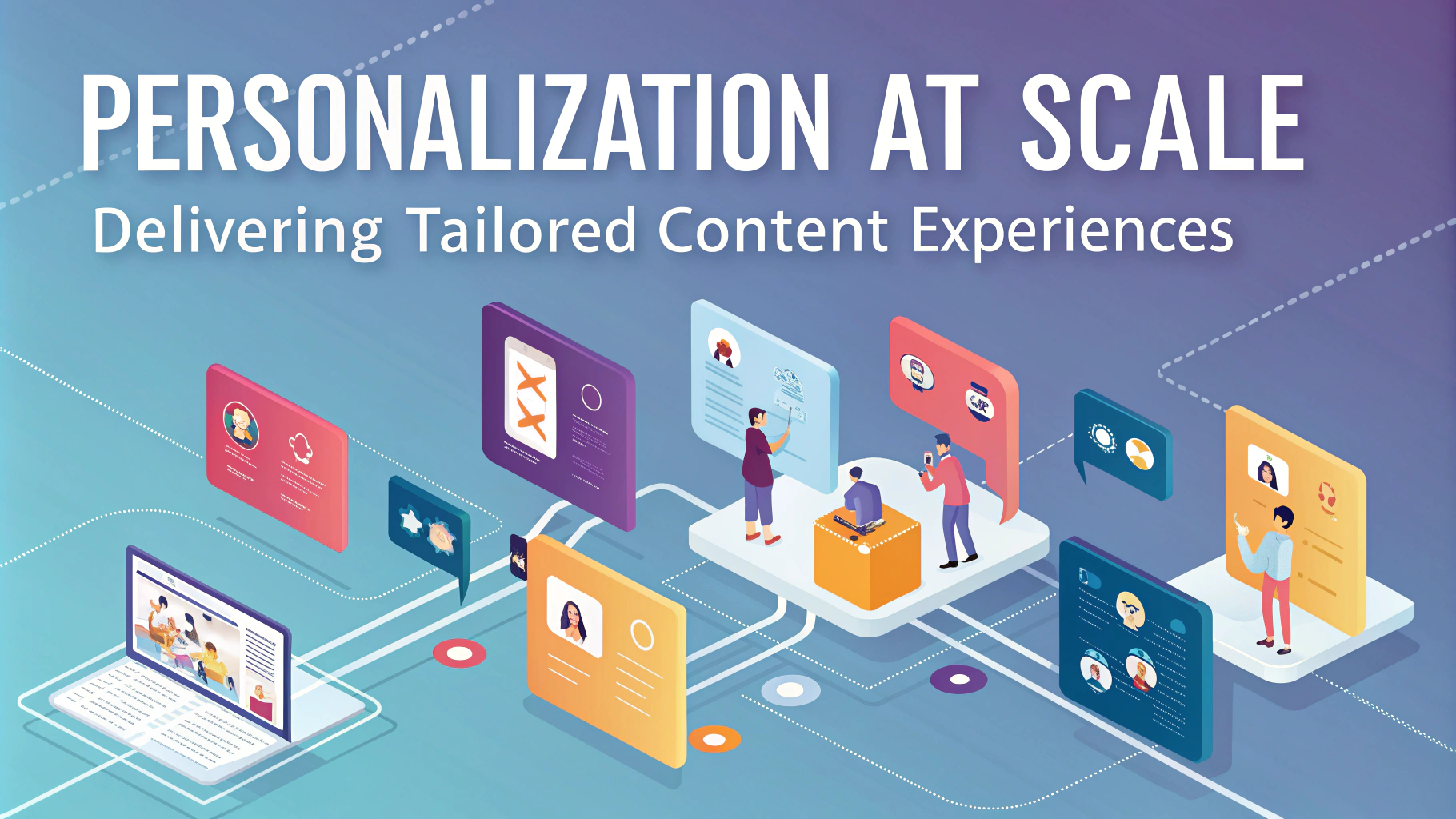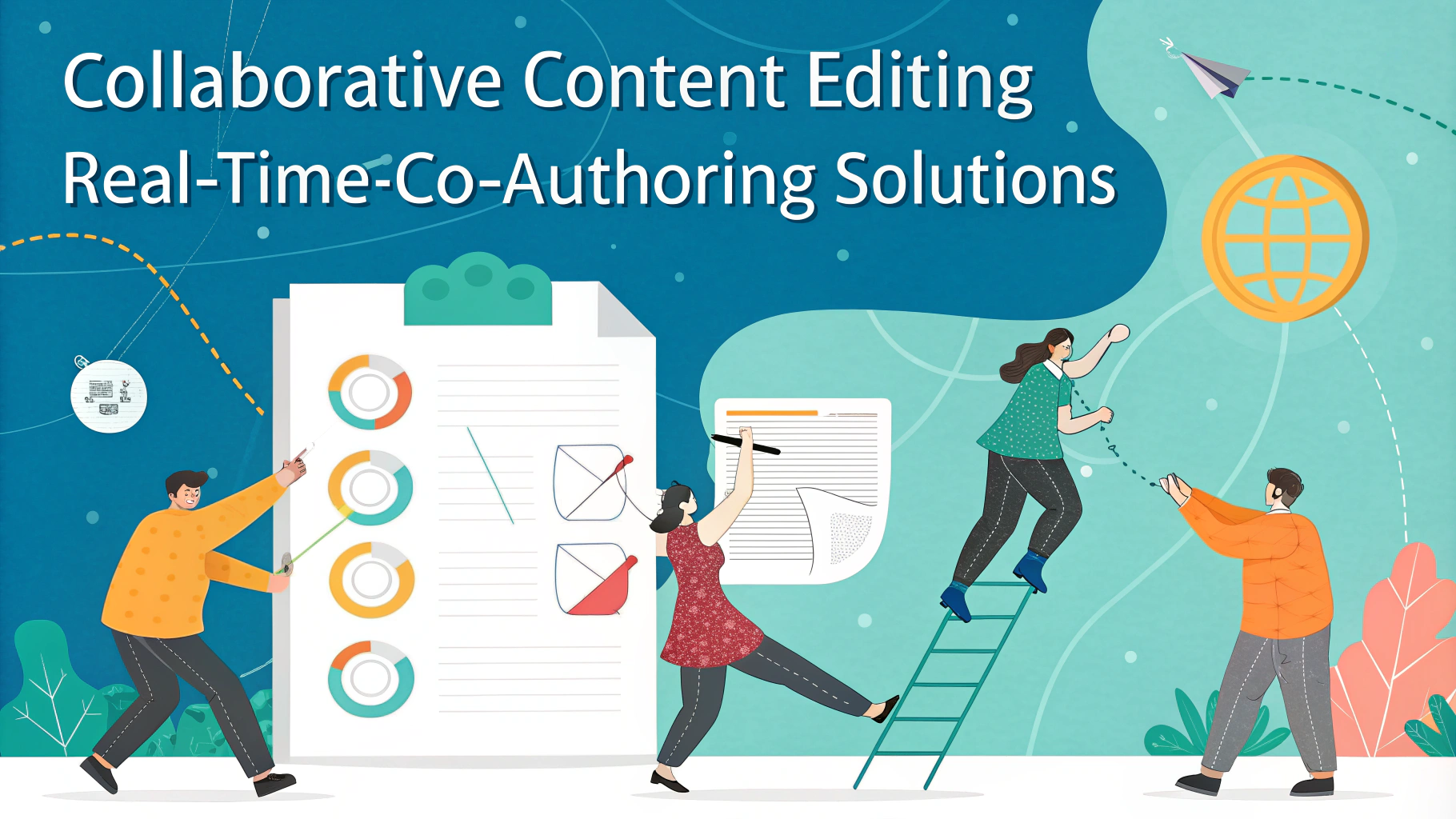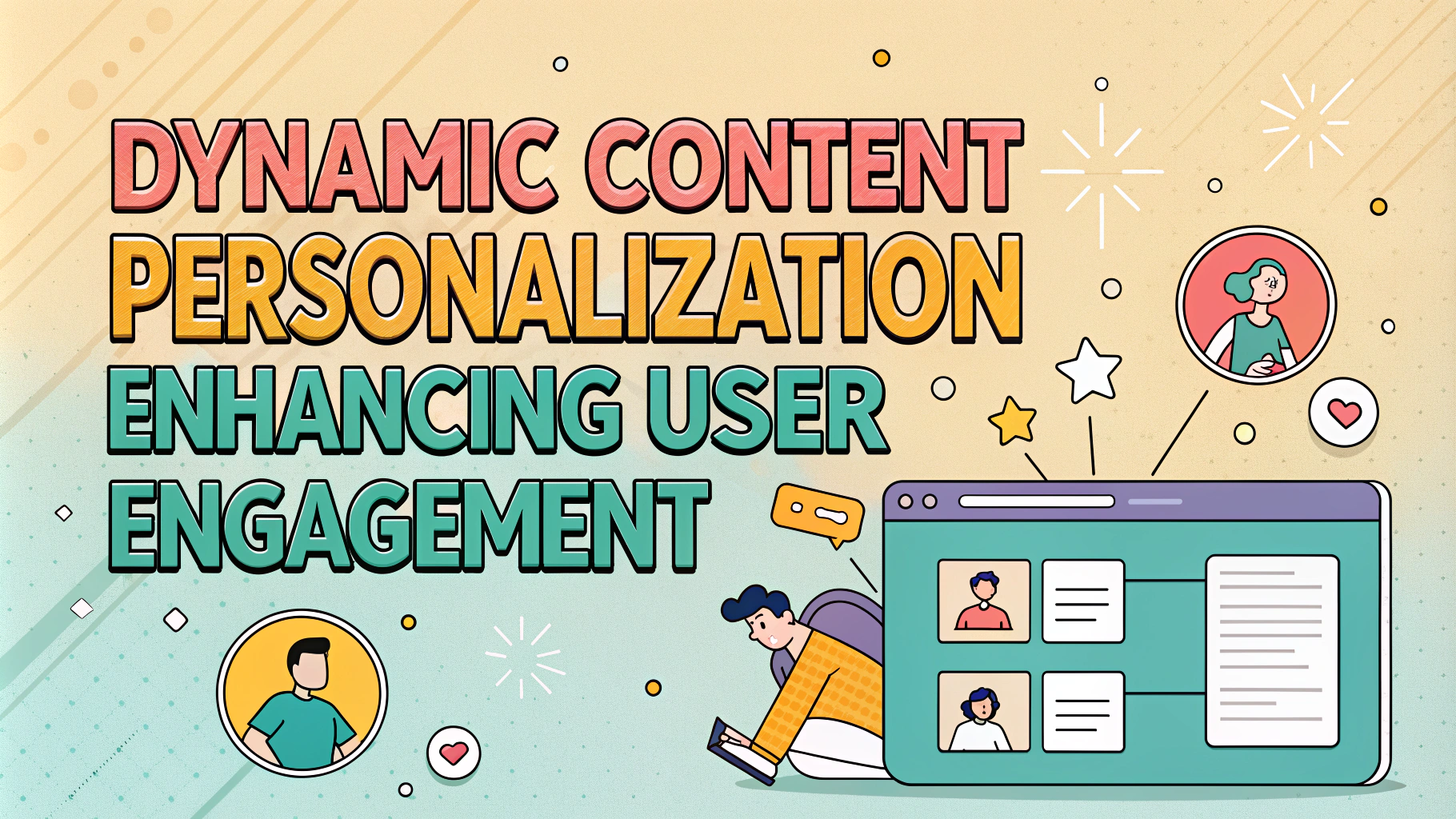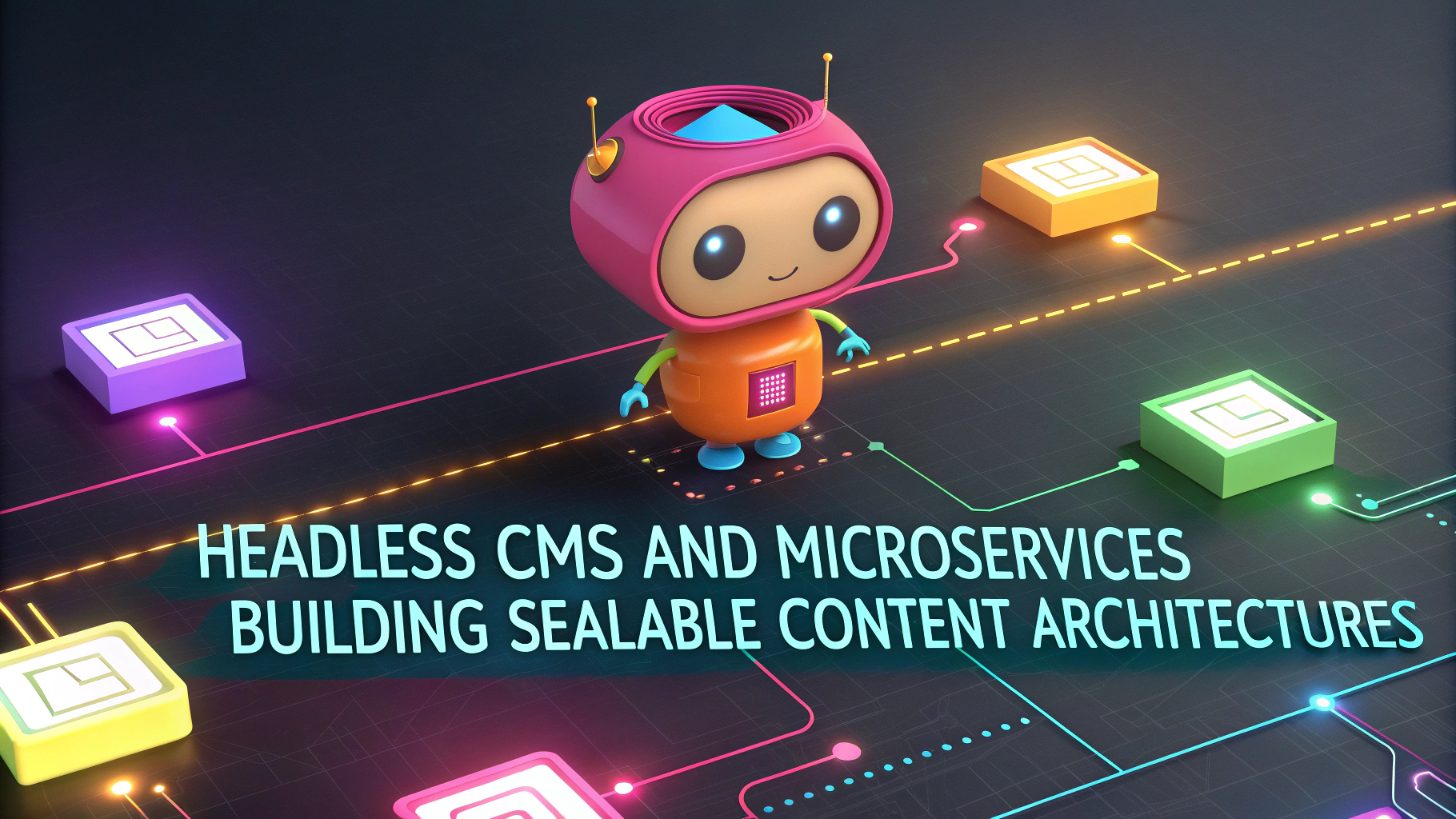AI-driven content curation and recommendation systems are reshaping how businesses connect with their audience. This quick guide explores practical ways to leverage AI for smarter content strategies, improved user engagement, and personalized experiences.
Understanding AI in Content Curation
AI-powered content curation uses machine learning algorithms to analyze, categorize, and distribute content based on user preferences and behavior. Key benefits include:
- Increased efficiency in content discovery and distribution
- Enhanced personalization for improved user experiences
- Data-driven insights to inform content strategy
- Scalability to handle large volumes of content
Implementing AI-Driven Content Recommendation Systems
To effectively implement AI-powered content recommendations:
- Collect and analyze user data: Gather information on user preferences, behavior, and engagement patterns.
- Choose the right AI algorithm: Select from collaborative filtering, content-based filtering, or hybrid approaches based on your needs.
- Integrate with existing systems: Ensure seamless integration with your content management system and user interface.
- Continuously refine and optimize: Regularly update your AI models based on new data and user feedback.
Personalizing User Experiences with AI
AI enables hyper-personalization of content experiences:
- Dynamic content delivery: Tailor content based on user preferences, location, and device
- Predictive recommendations: Anticipate user needs and suggest relevant content proactively
- Adaptive user interfaces: Customize layouts and navigation based on individual user behavior
- Personalized email campaigns: Deliver targeted content to segments or individual users
Optimizing Content Creation with AI Insights
Leverage AI to inform and enhance your content creation process:
- Topic discovery: Identify trending topics and content gaps in your industry
- Content performance prediction: Forecast potential engagement for different content types and topics
- Automated content tagging: Improve content organization and discoverability
- SEO optimization: Generate keyword suggestions and optimize content for search engines
By implementing these AI-driven strategies, content creators and marketers can significantly improve their content’s relevance, reach, and impact. The next sections will explore advanced techniques, best practices, and real-world examples of successful AI implementation in content curation and recommendation systems.
Leveraging AI for Personalized Content Recommendations
AI-powered content curation transforms how businesses connect with audiences. This quick guide explores practical ways to use AI for smarter content strategies and improved user engagement.
Key Benefits of AI in Content Curation
- Increased efficiency in content discovery and distribution
- Enhanced personalization for better user experiences
- Data-driven insights to inform content strategy
- Scalability to handle large content volumes
Implementing AI-Driven Content Recommendation Systems
- Collect user data: Gather information on preferences, behavior, and engagement patterns
- Choose the right algorithm: Select from collaborative filtering, content-based filtering, or hybrid approaches
- Integrate with existing systems: Ensure seamless integration with your CMS and user interface
- Continuously refine: Regularly update AI models based on new data and feedback
Personalizing User Experiences with AI
- Dynamic content delivery: Tailor content based on user preferences and context
- Predictive recommendations: Anticipate user needs and suggest relevant content
- Adaptive interfaces: Customize layouts based on individual behavior
- Personalized email campaigns: Deliver targeted content to segments or individuals
Optimizing Content Creation with AI Insights
AI can enhance your content creation process through:
- Topic discovery: Identify trending topics and content gaps
- Performance prediction: Forecast potential engagement for different content types
- Automated tagging: Improve content organization and discoverability
- SEO optimization: Generate keyword suggestions and optimize for search engines
Measuring and Analyzing AI-Driven Content Performance
To gauge the effectiveness of your AI-powered content strategy:
- Set clear KPIs: Define metrics like engagement rates, time on site, and conversion rates
- Use A/B testing: Compare AI-curated content performance against manual curation
- Monitor user feedback: Collect and analyze user responses to recommended content
- Track content diversity: Ensure AI doesn’t create echo chambers or limit content variety
Addressing Ethical Considerations in AI Content Curation
When implementing AI for content curation, consider these ethical aspects:
- Transparency: Inform users about AI-driven recommendations
- Data privacy: Ensure compliance with regulations like GDPR and CCPA
- Bias mitigation: Regularly audit AI algorithms for potential biases
- Human oversight: Maintain human involvement in content strategy and curation
Future Trends in AI-Powered Content Curation
Stay ahead of the curve by keeping an eye on these emerging trends:
- Voice-activated content discovery: Optimize for voice search and smart speakers
- AR/VR content experiences: Prepare for immersive content consumption
- Emotion-based recommendations: Leverage sentiment analysis for content suggestions
- Cross-platform content syncing: Provide seamless experiences across devices
Maximizing the Impact of AI in Your Content Strategy
To make the most of AI-powered content curation:
- Start small: Begin with a pilot project to test AI implementation
- Invest in quality data: Ensure your AI models have accurate, diverse data to learn from
- Blend AI with human expertise: Use AI as a tool to augment, not replace, human creativity
- Stay adaptable: Be ready to adjust your strategy as AI technology evolves
By implementing these AI-driven strategies, content creators and marketers can significantly improve their content’s relevance, reach, and impact. As AI continues to advance, those who embrace and adapt to these technologies will be well-positioned to deliver exceptional, personalized content experiences to their audiences.

